Apple on Thursday filed to extend the briefing schedule of a court case in New York regarding a passcode protected iPhone, saying proceedings should be delayed until the FBI reports on the viability of a potential encryption workaround in a tangentially related case in San Bernardino.
In a motion filed with the U.S. District Court for the Eastern District of New York, Apple asks the court stay proceedings until at least ten days after the Department of Justice submits a status report in the San Bernardino case so it can review new findings. The deadline in the California case is currently set for April 5.
On Monday the DOJ requested and received permission to vacate an evidentiary hearing in the San Bernardino action after an outside party came forward with a potential method to break into an iPhone 5c tied to terror suspect Syed Rizwan Farook. Federal prosecutors acknowledged the FBI would no longer require Apple's assistance if the workaround is deemed successful.
Since the FBI is asserting the All Writs Act to compel Apple's assistance in both cases, Apple suggests that the discovery of a viable iPhone hack in San Bernardino implies the government no longer needs its help in New York. The government needs to prove necessity in order to assert AWA in court.
"In the interim, both the Court and the parties lack sufficient information to determine the most appropriate way for this matter to proceed," Apple says. "Going forward without such information would be highly inefficient. Briefly staying the briefing schedule to allow these matters to crystalize is appropriate in light of the public importance of this issue."
Apple reminded the court that the FBI's application to compel in the New York case has been pending since October, and that the motion itself is not time sensitive as it applies to an iPhone whose owner has already pled guilty to drug charges.
The New York motion is the latest development in Apple's high-profile legal battle with the Justice Department over consumer device encryption. A contentious issue among tech industry elite and law enforcement agencies, Apple's resistance to government overtures to compel its assistance in federal court has sparked a wider debate on how best to balance personal privacy with national security.
 Mikey Campbell
Mikey Campbell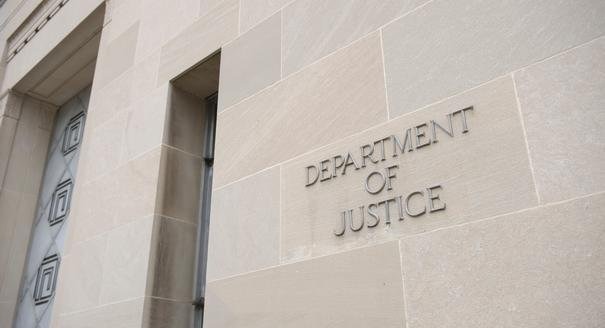
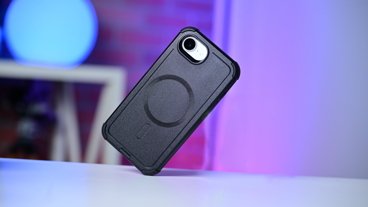
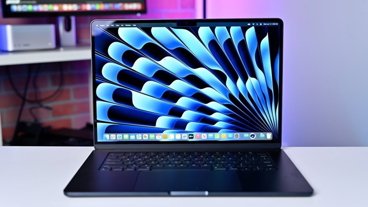

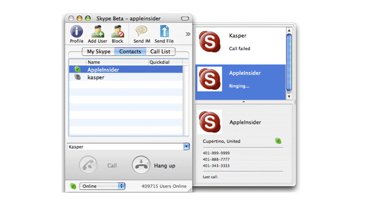
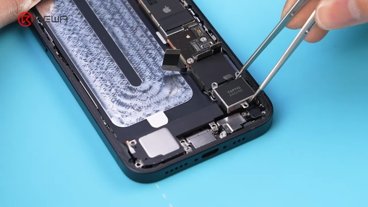
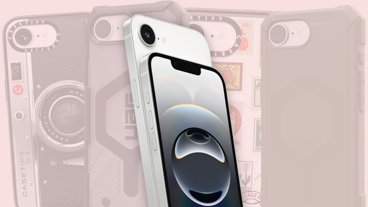

-m.jpg)





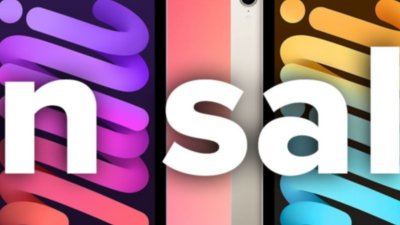
 Christine McKee
Christine McKee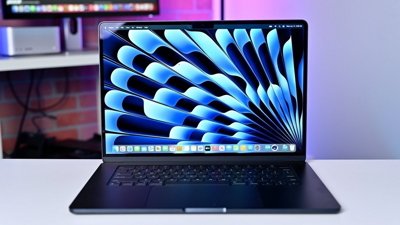
 Malcolm Owen
Malcolm Owen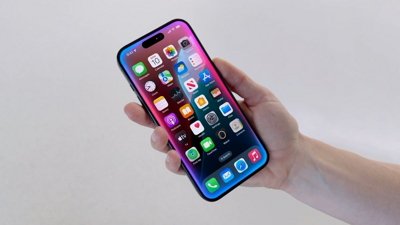
 William Gallagher
William Gallagher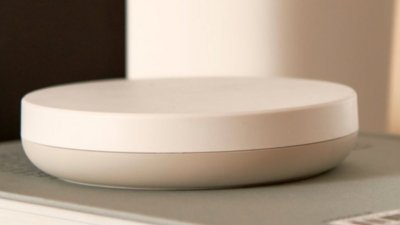
 Charles Martin
Charles Martin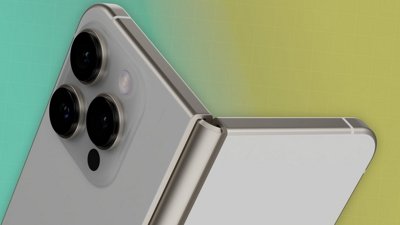
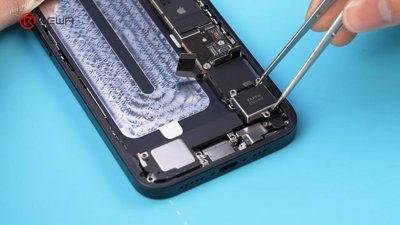
 Amber Neely
Amber Neely
 Andrew Orr
Andrew Orr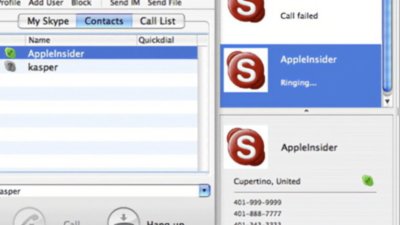



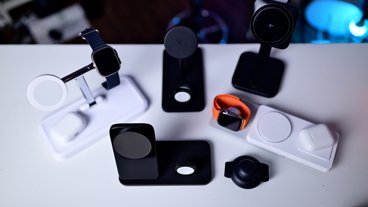
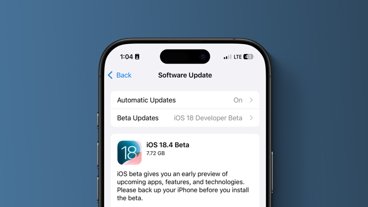
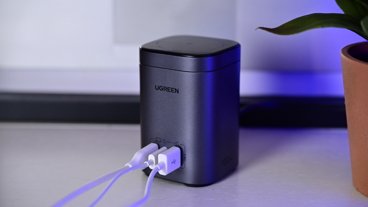
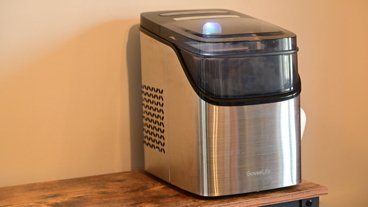

6 Comments
And while I’m still in a ranting mood :
As of this article, AppleInsider now has exactly 100 (5 pages of 20) articles on this subject grouped with this link :
Encryption Debate posts on AppleInsider
Still growing and very convenient, thank you. However :
I think it is long overdue to finally stop naming that bastard by name in every single f#@%&ng article. I do not write down or utter terrorist or mass murderer names, I wish all news media would do the same but I'm not going to hold my breath. I believe that referring to them by their savage act is sufficient identification and for most people probably and hopefully more recognizable. In this particular case, I think we’ll all understand San Bernardino terrorists, or maybe shooters for the PC pussies. I just wish it would be mass media policy that in the beginning they may identify them in the first reports of course, but refrain to repeat it ad nauseam in the following weeks and months. This is the internet after all and it will remain searchable for quite some time if need be and someone really really really wants to know for some godawful reason. They may be celebrated by their masters and their ilk elsewhere but they are not martyrs here and these animals should be stripped of any human dignity starting with their identity. The only other names that should be mentioned afterwards, only with their families' consent obviously, should be the victims. They are the only names that should be remembered.